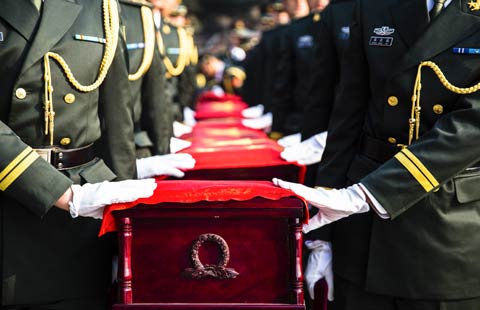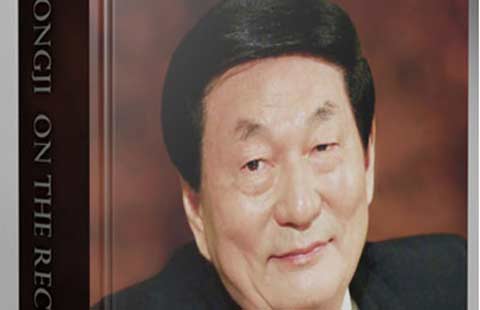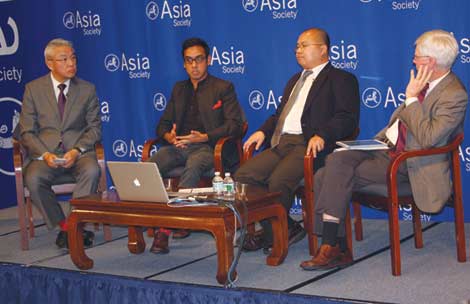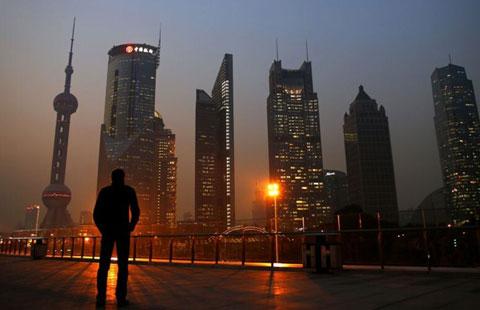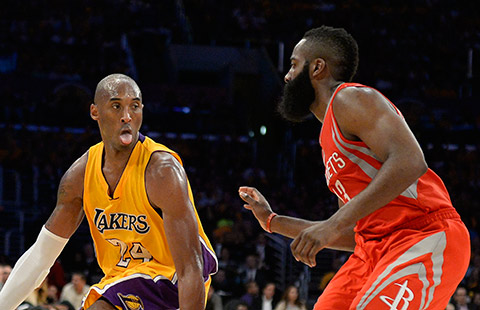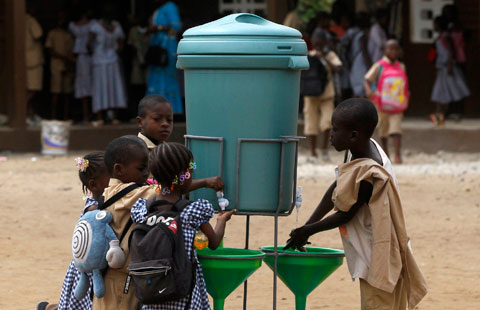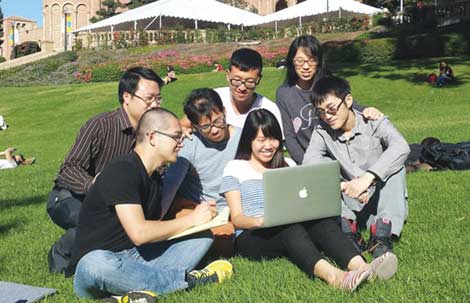Benghazi attack suspect in federal custody
Updated: 2014-06-28 22:44
(Agencies)
|
||||||||
WASHINGTON - A Libyan militant charged in the 2012 Benghazi attacks was in federal law enforcement custody, the US attorney's office said Saturday. Security at the city's federal courthouse was heightened.
Spokesman William Miller declined further immediate comment regarding Ahmed Abu Khattala, who faces criminal charges in the deaths of the US ambassador to Libya and three other Americans from the attack on Sept. 11, 2012.
US special forces captured Abu Khattala in Libya two weeks ago, marking the first breakthrough in the investigation of the Benghazi attacks.
A criminal complaint filed last year was unsealed after his capture.
US officials had been questioning Abu Khattala aboard a Navy amphibious transport dock ship that brought him to the United States.
Abu Khattala, who charged with terrorism-related crimes, may face a judge as soon as Saturday for an initial court appearance at which the government would outline the charges against him. He almost certainly would remain in detention while the Justice Department sought a federal grand jury indictment against him.
The prosecution will be a further test of the Obama administration's commitment to try suspected terrorists in the American criminal justice system even as Republicans in Congress call for Abu Khatallah and others to be held at the US detention facility in Guantanamo Bay, Cuba.
A newly unsealed criminal complaint accuses Abu Khattala of killing a person during an attack on a federal facility, a crime punishable by death; providing federal support to terrorists resulting in death; and using a firearm in a crime of violence. US authorities have said they are looking to identify and capture additional co-conspirators.
The violence on the 11th anniversary of the Sept. 11 attacks on the World Trade Center and the Pentagon quickly became a political flashpoint. Republicans accused the White House, as the 2012 presidential election neared, of intentionally misleading the public about what prompted the attacks. The White House accused Republicans of politicizing a national tragedy.
Abu Khattala, a prominent figure in Benghazi's circles of extremists who was popular among young radicals, acknowledged in an interview with The Associated Press in January that he was present during the storming of the US mission in Benghazi. But he denied involvement in the attack, saying he was trying to organize a rescue of trapped people.
In the attack, gunmen fired rocket-propelled grenades and stormed the mission, with many waving the black banners of Ansar al-Shariah, a powerful Islamic militia.
The compound's main building was set ablaze. Ambassador Chris Stevens suffocated to death inside and another American was shot dead. Later in the evening, gunmen attacked and shelled a safe house, killing two more Americans.
At the time, several witnesses said they saw Abu Khattala directing fighters at the site.
No evidence has emerged that Abu Khattala was involved in the later attack on the safe house.
Abu Khattala is one of just a few cases in which the administration has captured a suspected terrorist overseas and interrogated him for intelligence purposes before bringing him to federal court to face charges.
Those cases include Osama bin Laden's son-in-law, Sulaiman Abu Ghaith, who was arrested in Jordan in March 2013 and turned over to US agents. A jury in New York City convicted him in March of conspiring to kill Americans.
- Xinjiang publishes anti-terror brochures
- Security pact sealed with Afghanistan
- President Xi encourages international cultural exchanges
- Premier Li: China willing to help Afghan infrastructure
- Chinese FM: China, Asia-Pacific become community of shared destiny
- Foreign minister remarks on possibility of China-Japan summit
Most Viewed
Editor's Picks

|

|

|

|

|

|
Today's Top News
VW defends safety of recalled New Sagitar
Former premier makes Hurun philanthropists list
Xinjiang publishes anti-terror brochures
SOHO endows $10m to Yale
Cook and Ma talk about partnership
Language a barrier to healthcare for Asian Americans
China businesses need innovation: VC
Security pact sealed with Afghanistan
US Weekly

|

|

